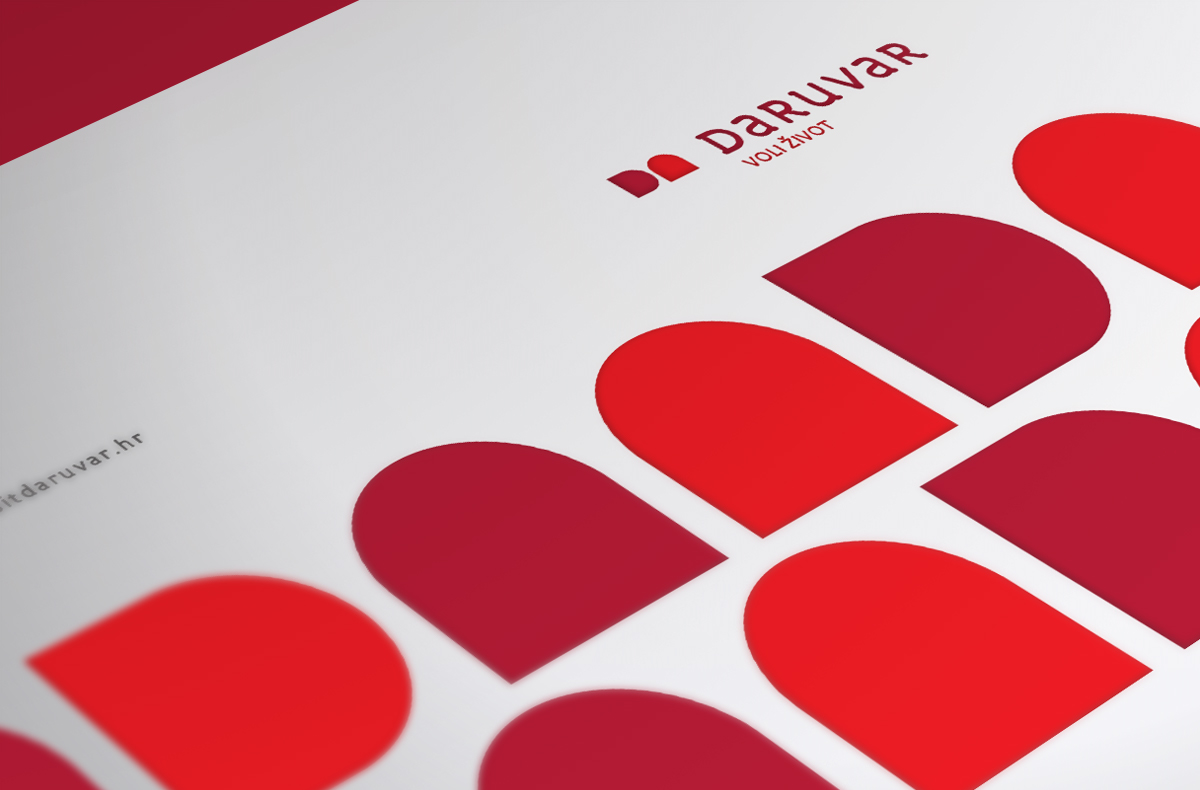Why is it good to invest in employer branding?
The labor market has changed significantly over the past few years, and the change is particularly evident in the employee-employer relationship. Employees now change jobs more often, demand better working conditions, and choose organizations according to their values and culture. On the other hand, the employer is working on activities that will attract the best job candidates and retain their employees.

In addition to promoting products or services, employers pay more and more attention to promoting the organization's culture and investing in internal activities to engage employees. All this affects the creation of an image that will ultimately result in the achievement of business goals.
The creation of a unique and recognizable brand identity is influenced by long-term investment in employer branding, a trendy term in marketing.
What is employer branding?
The need to build a good image in the market is growing. Every company wants to present itself as a great place to work, but it takes a lot more than just a job advertisement in which the employer offers the candidate a few promises. Before that, it is necessary to carry out internal activities and provide benefits to current employees because they guarantee a successful business. It is investing in people as the most valuable resource that is the best investment for a firm.
Activities involving current employees pay off handsomely because that is what will keep them in the company. They will talk to others about the benefits and job satisfaction and thus promote the employer. It is a perfect example of a win-win situation where mutual satisfaction but also benefit is achieved.
What influenced the raising of awareness about investing in EB activities?
Employer branding includes activities representing your company and working on the image to retain employees and attract talent. Several factors influenced EB to become very popular under the term we use today. Globalization and digitalization have affected change in finding a job. Job ads can be found today on social networks, among which LinkedIn stands out. Millennials are also responsible for changing the labor market dynamics as a generation of "young professionals" who invest in a career and seek many benefits for workers.
That is the reason why companies are increasingly turning to young, ambitious job candidates to create tones of voice that they use in external communication. Of course, if they are the target group of the company. With this focus group, the employer wants to create a "cool" impression. He works on employer branding activities that will present the company as relaxed, friendly, cheerful and tries to tailor communication in a youthful language while also posting creative and exciting job ads.
Employer branding = brand promise
From the last part of the text, you might conclude that employer branding included marketing strategies that achieved the so-called "brand promise". This brand promise consists of all business stakeholders. In addition to promising the consumer that their expectations about the quality of the product or service will always be equally fulfilled, you also promise the employee and the candidates that the presented company's values will be met.
However, to carry out employer branding activities, it is necessary to define the employee value proposition.
Employee value proposition
Before embarking on employer branding activities, it is necessary to define the values by which companies differ from others in the market. The term employee value proposition (EVP), represents the values, culture, characteristics, and benefits of a company. EVP is the basis for employer branding and helps build the internal and external brand perception and attract and retain employees.
EVP includes everything an employer does to retain and attract employees and is very beneficial for a successful business. Emphasizing the company's value affects the separation from competitors and selecting candidates when choosing a job.
The American software company HubSpot focuses on balancing business and private life. It emphasizes the flexibility of work, the possibility of learning, and a sense of belonging as its fundamental values. There is an excellent example of an EVP based on an employee statement “to help you be the best YOU that you can be”.
Why is it good to define company's values?
First of all, by emphasizing the value and culture nurtured, the employer creates an identity by which it becomes recognizable and desirable to employees. Defining EVP is key to employer branding because it sets the company apart from others in the market and helps create an image of the firm. If a company knows how to manage its appearance, then that intangible capital helps it becomes influential and competitive in the market, and the outcome might be a business success.
What does the employee value proposition involve?
EVP shifts the focus from remuneration to other benefits for the employee. The specific culture of the company and the values it represents stand out. The company can emphasize how much it values employee opinion or emphasizes how it cares about employee health. With a statement such as “We make sure our employees are healthy and happy in the workplace, and we do it the XY way,” the firm clearly defines its values.
In addition, EVP contributes to highlighting the possibility of advancement in the workplace - vertical or horizontal, the possibility of taking various training, business trips, the option of taking a foreign language with employee discounts, internal reward programs, bonuses for efficiency at work, recognitions, awards, unforgettable teambuilding, and more. These are all values that affect the creation of an impression of a firm.
The creative part of employer branding for which the marketing agency is in charge
With a strategic marketing plan, the marketing agency defines the company's culture, values, key features, and benefits. It establishes the employer value proposition for its clients. After determining the marketing strategy, the development of operational marketing activities is carried out. Marketing activities can be internal or external.
Some of the internal marketing activities may include employee workshops, team building, employee games, employee motivation strategies, employee culture promotion strategies. External strategies can consist of techniques for raising the company's image through content marketing, mention strategies, PR strategies, and the like.
Employer branding is a lengthy process that does not end after the creative part of the activity is done. It is a complex process that is prone to change and constant monitoring of trends. Nevertheless, investing in EB is a guarantee for employee satisfaction and achievement of business goals.
Sources:
https://employmenthero.com/blog/hr/employee-value-proposition-evp/


